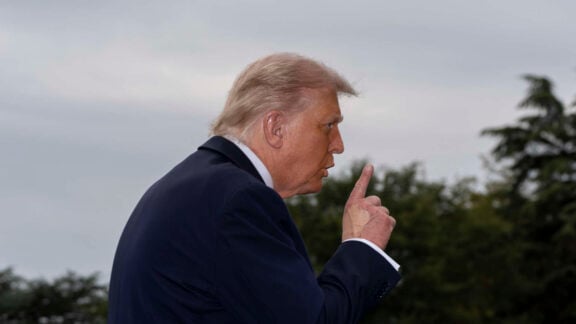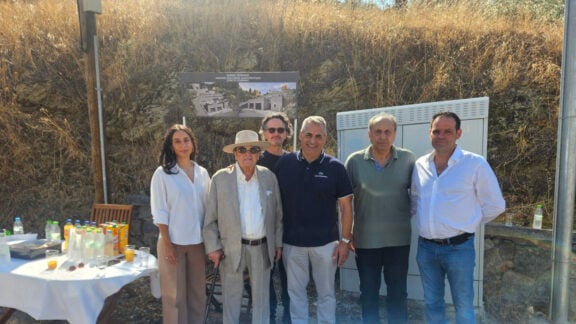NPL clubs began their pre-season training early this month, with the twin aims of making next season’s NPL finals and progressing deeply into the FFA Cup competition. The FFA cup provides clubs and players with opportunities of showcasing their talents on the national stage. In pitting A-League clubs against NPL clubs, the FFA Cup has helped draw attention to questions about a second-tier national competition and the gap in performance between A-League and NPL clubs.
NPL clubs are increasingly on the lookout for ways of enhancing the performance of their players, especially when it comes to the business end of the season, when the clubs may face the twin challenges of finals football and FFA cup knockout matches.
Green Gully is one such club aiming to win the league and go far in the FFA Cup. As part of their preparation, they’ve incorporated an exercise physiology program to help prepare players for the full season, minimise injuries and improve their performance.
The man responsible for the program is accredited exercise physiologist (EP) Evan Christodoulou, who in many ways is ideally placed to understand the rigours placed on footballers’ bodies by the heavy workloads of an intense pre-season and full season.
Twenty-five-year-old Christodoulou has played in the State Premier league for the last seven years and currently plays at Green Gully as an attacking midfielder.
Christodoulou believes that EP can significantly help NPL clubs bridge the gap by reducing injuries and improving player performance.
After completing his Masters Degree in Clinical and Exercise Rehabilitation, and having worked for a year as an EP returning injured workers back to work, Christodoulou has recently started his own business specialising in footballers – Walking Tall Exercise Physiology.
Speaking to Neos Kosmos, he says, “it’s just a different insight”.
“There’s not many of them (EPs) around. So I thought, I’ve got a passion for this and I believe footballers should have the best opportunity to perform at their best, to reach the highest goal. And one way to do that is to educate them about what I do and how my role can benefit them long term.”
The major point of difference in the role of EPs from other allied health professionals often employed by soccer clubs, such as physios and chiropractors, is exercise prescription.
Christodoulou explains it as follows. “Essentially we not only play a large role in the management of an injury, diseases or condition, but we help in prevention process so individuals can lead a healthy lifestyle doing what they enjoy.
“We use exercise as a form of medication. Individuals see specialists once a problem presents. Our goal is to prevent this from occurring in the first place additional to post injury.
“Footballers get treatment on the table (at training) for chronic injuries or chronic pain for example, and what an exercise physiologist does is determine why that weakness is occurring, whether it be musculoskeletal, cardio-metabolic or neural, and implement and exercise intervention/program to treat, resolve and prevent it from occurring again. A client is not only provided with a tailored program, but they walk away knowing why it occurred in the first place and what steps are involved for them to manage and improve this area for the rest of their playing career. It can be applied and completed outside of training days and times, so the body is conditioned to adapt to intense workloads with ease,” he says.
“I believe every footballer should be provided with the knowledge and skills to enhance their performance independently, and that is something I want to implement to players and teams throughout the soccer community and general public, so they can apply it to their lives just like I have, and as a bonus it can be applied to all aspects of their lives, which lasts a lifetime.”
At Green Gully as part of the pre-season, Christodoulou has been busily implementing a ‘pre-hab’ program which involves individual assessments of each player, analysis of the data, and prescribing a tailor made exercise program to fit in with each player’s lifestyle and commitments outside football.
“It’s just a step by step process,” he says. “People progress at different rates. Obviously if you push footballers too hard they get injuries. That’s how pre-season tends to be with some clubs. They push their players outside their capacity and it causes injuries in the pre-season and throughout the season. So for clubs it might not show now and players might be performing OK, but a quarter or half-way into the season, injuries start popping up and they aren’t overnight things. These accumulate over time. But if you correct these in the early stages, just like building a house, if the foundations are strong, the house is built on firm ground.”
Christodoulou has played Premier League football for several years, beginning with Western Suburbs, Sunshine Georgies, Heidelberg United, Oakleigh Cannons and now Green Gully. He’s even had, what he calls his “15 seconds of fame”, finishing second as a 17-year-old contestant in a reality TV show called Football Superstar.
But now he’s looking to carve out a much more enduring legacy by helping other players reach their potential through his work as an exercise physiologist.
“EP has great benefits for clubs. I’m willing to come out to a club and educate the club, or the coach and the committee and offer my services, and they control it and see the benefits of what I do. Once people start understanding my role and how EP can benefit them, I’m only going to become more involved in soccer clubs, because it’s a fantastic field. And it’s really rewarding as well.”
For further information and enquiries, go to the Walking Tall Exercise Physiology Facebook page or email walkingtall.ep@gmail.com








